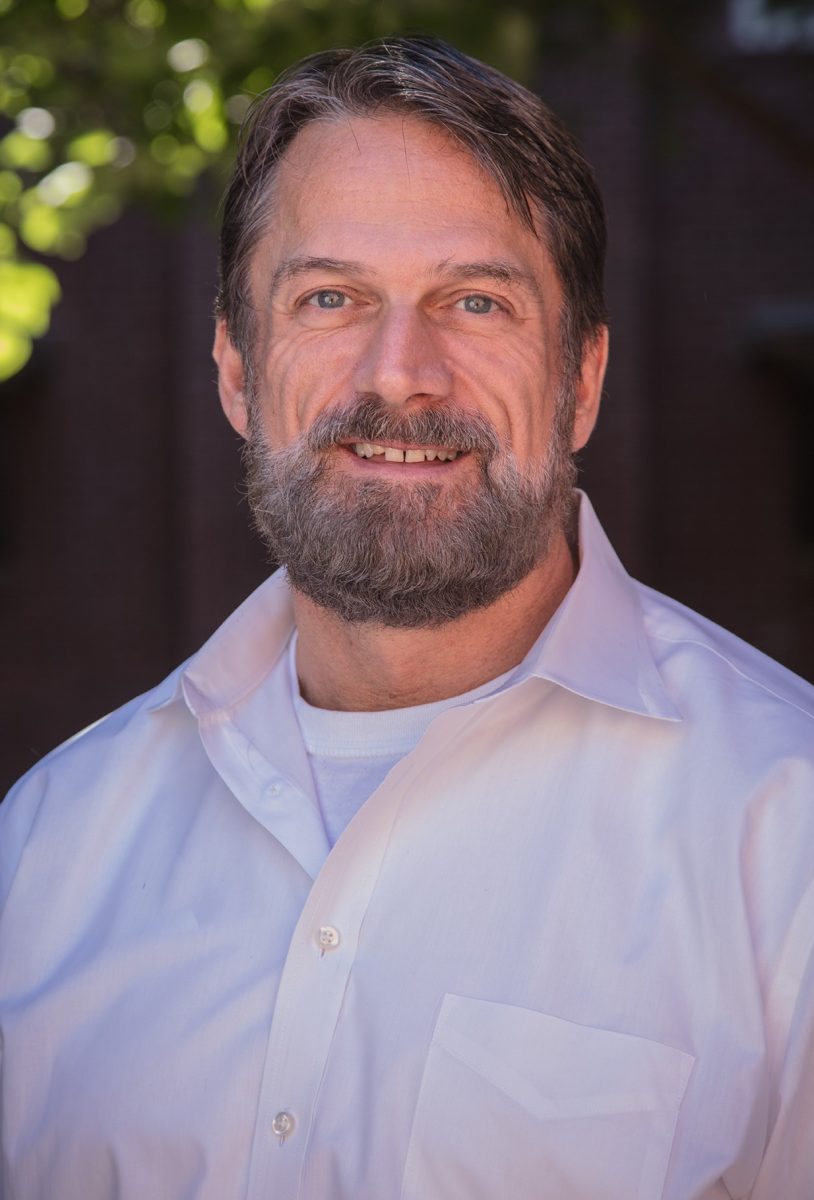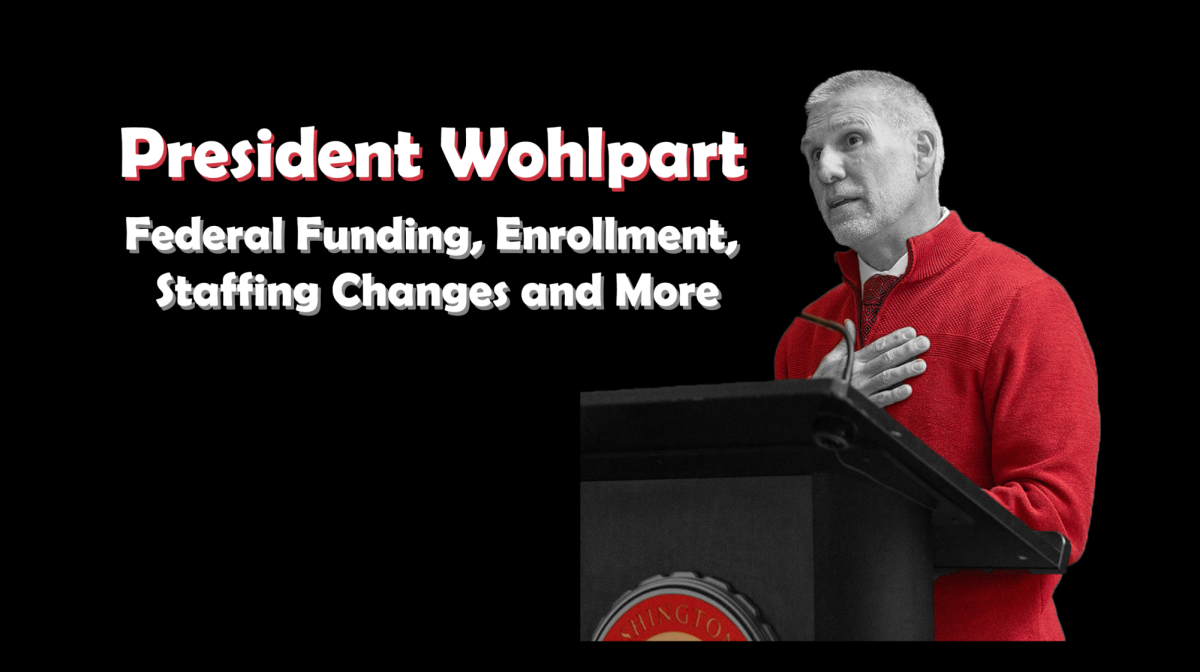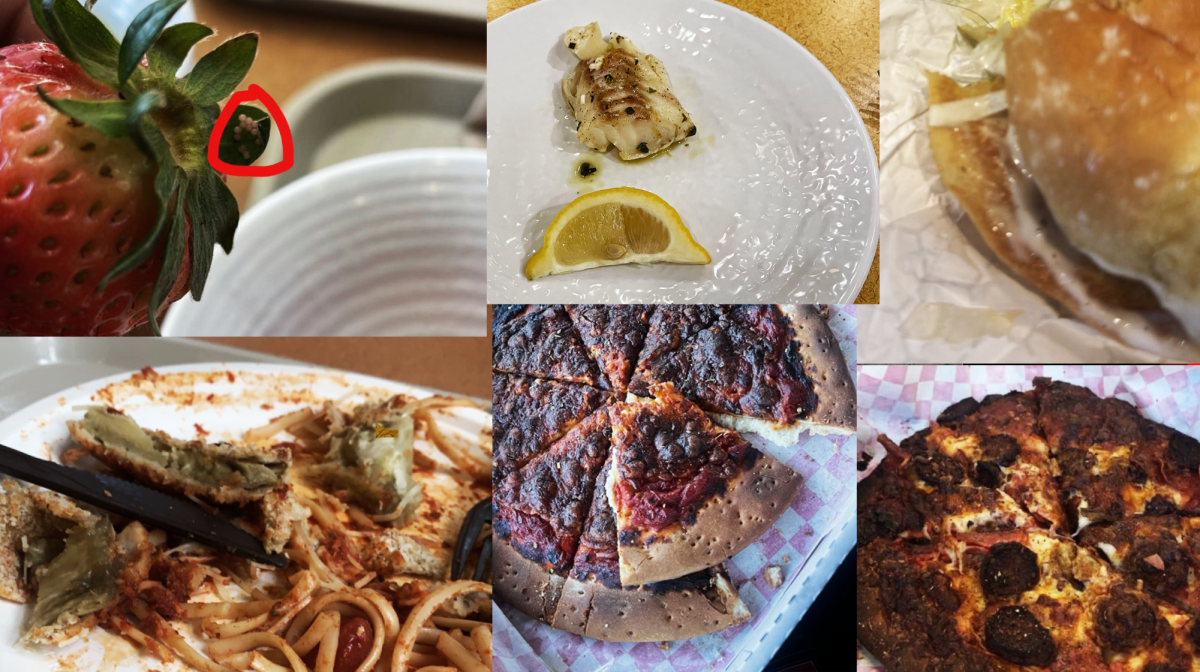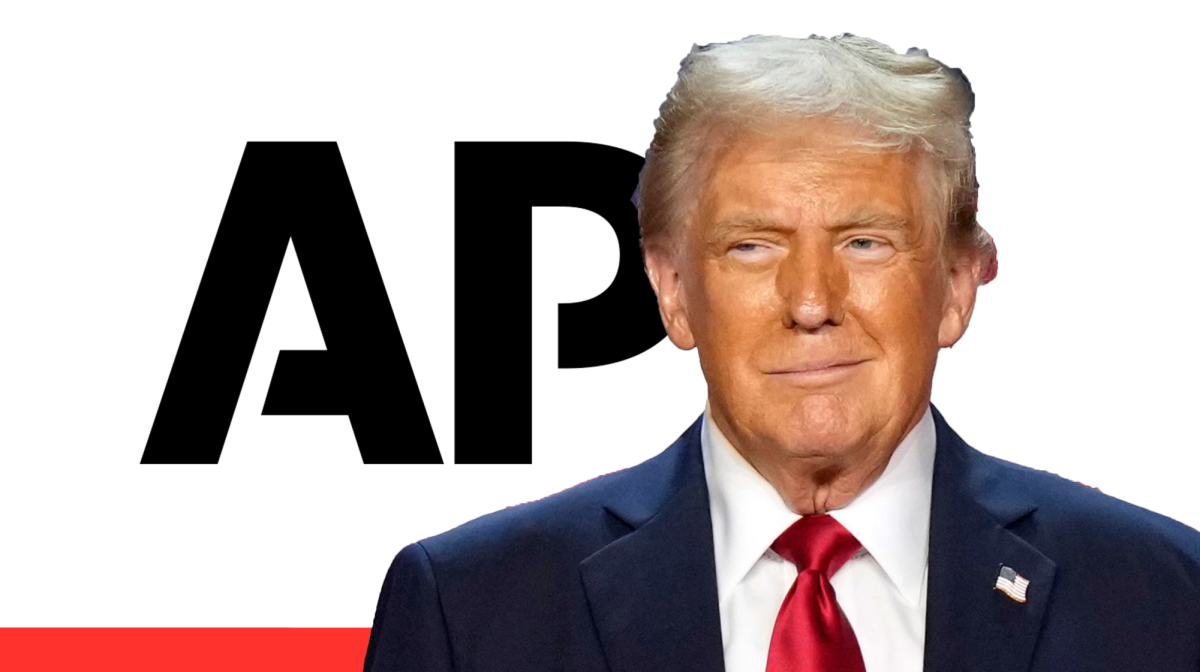CWU is currently searching for a new provost, according to Interim Provost Kurt Kirstein.
The position was listed as available on Nov. 1 and will remain open for the rest of the month. After that, interviews will be conducted with the candidates to narrow down the search. These interviews will be conducted remotely over Zoom and would ideally be done in December and January. Following that, in-person interviews will be conducted with the remaining candidates.
“If a selection is made, then it is just ‘when can that person get here?’” Kirstein said.
According to Kirstein, how soon CWU will have a new provost is dependent on who is selected for the position and how soon they can come to CWU. Some candidates for the position might be able to immediately come to CWU, but others might need to or prefer to finish the academic year wherever they were previously employed.
When asked why the former provost stepped down, Kirstein said that while he didn’t know DenBeste’s exact reasons, he thinks administration officials usually leave to pursue new opportunities.
“It’s safe to say that for every person that’s left, they have left for their own reasons,” Kirstein said. “In a lot of cases, it depends on the person. Sometimes it’s to move on to other things, it’s to move to an institution that’s giving them something that is an advancement in their career, and in fact, I would say that is most of the cases.”
The Observer reached out to President Wohlpart to contextualize these recent changes and got back this response: “The only comment we have about the provost is that she asked to step down, and I granted her request. We sent out a university communication about this.”
According to Public Affairs Coordinator, David Leder, administration changes tend to happen every four to five years, and former provost DenBeste was at CWU for around that amount of time.
The Observer reached out to DenBeste shortly after she stepped down, and in her response, she only said she was happy to be moving on to other opportunities.
According to Kirstein, he was personally asked by Wohlpart to step into the role of interim provost until a new provost was found.
“I saw it as a great opportunity to continue some of the work I was doing as associate vice president, and to work to maintain momentum on a lot of initiatives we’re working on right now,” Kirstein said.
Kirstein said he plans to go back to his previous position of vice president of academic affairs after a new provost is found.
“I’d like to go back and be … the associate vice president of academic affairs,” Kirstein said. “I’d like to be in that position because that person works directly with the provost and helps support their work.”
Kirstein said those initiatives include turning the strategic plan from something written on paper into something tangible and helping implement it.
Another thing Kirstein said he wants to focus on as interim provost is student retention.
“I don’t know if you know this … but we lose a good number of our students in their first year every year,” Kirstein said. “They start in the fall with us and then in the following fall comes they’re not with us anymore. They’ve left.”
Kirstein said he wants to use his resources as interim provost to identify why that is happening and take steps to encourage those students to stay at CWU.
One of the identified practices Kirstein said CWU and other universities have found to increase student retention rates is making sure first year students are meeting with advisors. This ensures that students know what resources they have access to. Kirstein said this is why all first year students are required to meet with their advisors periodically so the university can check in on how they are feeling.
Another identified cause of low retention rates, according to Kirstein, is the cost of education, housing and food. Kirstein said there is work being done to address those issues. An example Kirsten gave is compounding factors; if a student can afford to go to school, they still might not be able to afford housing or food, and they might solve that by getting a job to pay for those needs and therefore might not have as much time for homework and academics.
Kirstein cites the Wildcat Pantry as one establishment that can assist students with food insecurity and said there are also other organizations focused on mitigating this issue. Kirstein mentioned that there are efforts and programs currently getting off the ground to focus on raising funds to assist with housing costs.
Kirsten also said he wants to focus on equity and student achievement. Kirstein cites how equity is outlined in CWU’s new vision statement.
“I work with our accreditor, they are looking at equity and student achievement,” Kirstein said. “Our students that are eligible are succeeding at the same rate as students who are not. First-generation students, are they succeeding at the same rate as students who are not first-generation?”








